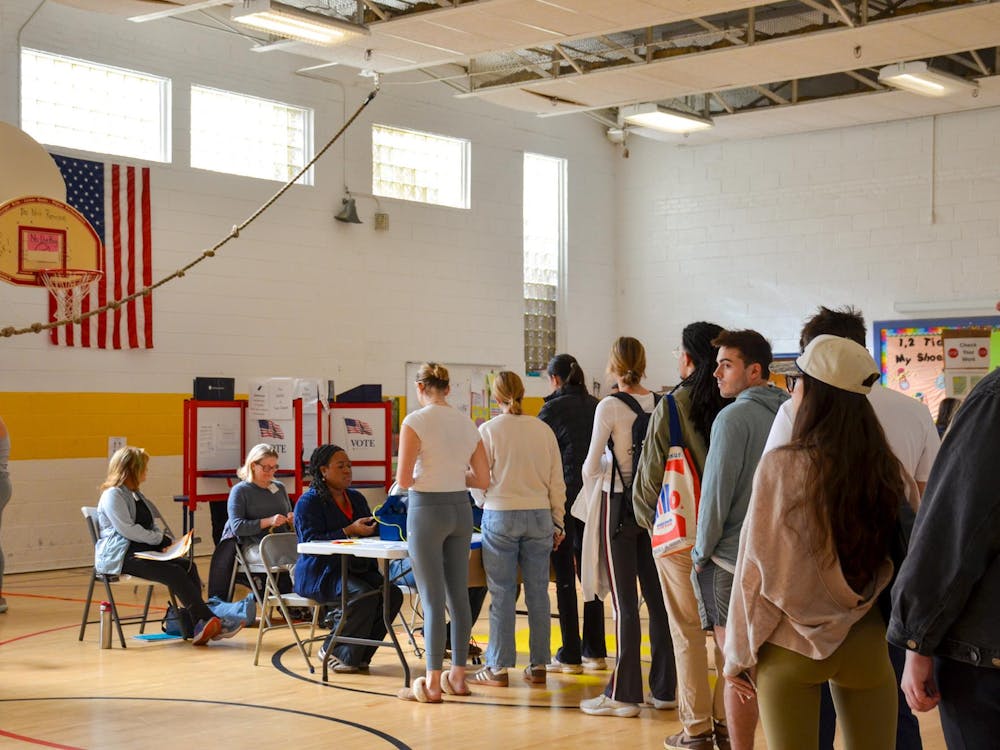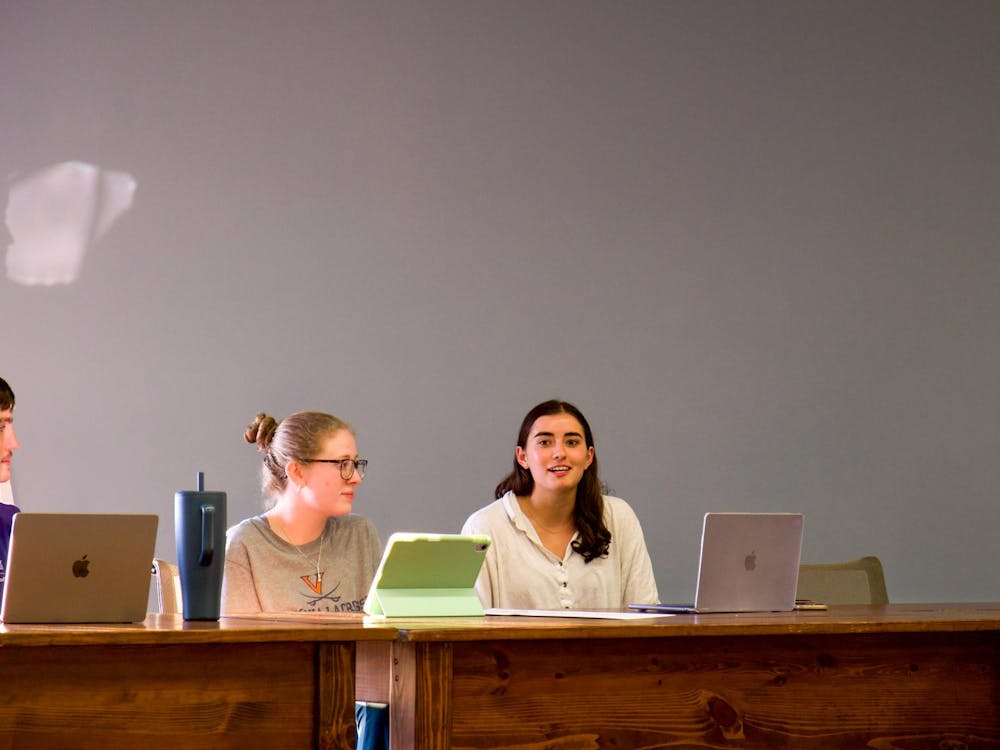A newly launched program from the Information Technology and Communication Office will provide more extensive Microsoft technology to University employees in the Academic Division. Known as the Campus Agreement, the initiative is focused on making updated Microsoft software more accessible and cost efficient for the employees in Agency 207, or all academic sectors excluding the hospital.
"The University is heavily dependent on Microsoft products," said James Hilton, vice president and information officer at the University.
The Campus Agreement is a way for the University to cut spending on the Microsoft technology that it was already using, Hilton explained, adding that it is a more cost-efficient step, reducing the costs for Microsoft products and services from $500,000 to $350,000 a year.
The Campus Agreement is an improvement upon the University's previously established Microsoft Select Agreement and offers a host of new updates and programming options. The new initiative will allow Agency 207 employees to lease the software rather than purchase it, Hilton said.
One of the key differences between the two programs is that with the new Campus Agreement, software is leased per employee rather than per machine. This allows University employees to use the software on multiple machines as well as at their homes without any additional expenses, Hilton explained.
The deal between the University and Microsoft supporting the Campus Agreement was finalized near the end of the fall semester and officially went into effect Dec. 20, Hilton said. Although the program is available for use, it will take time to replace the previous technology agreement.
"We are still working on getting the distribution out," he said.
Currently the Campus Agreement only affects individual employee use of the available Microsoft technology, although it is expected to provide a framework for future deals involving students' access to Microsoft technology. Hilton confirmed that there is a long-term plan to develop a similar program for students, although he said no time table was yet available.
"We are negotiating with Microsoft for a student agreement," he said. "The initial numbers were very attractive."
Under a similar program, students would not only have access to the latest Microsoft products but would also be able to "leave with a permanent license" for all the programs on their machine, Hilton said.
"It would be the same model -- access to Microsoft desktop and office products -- and they will be able to take those versions with them" he said.
Although there is a long-term goal in mind, Hilton stressed that this was not to be viewed as a mere switch of Microsoft products, but rather a way to gain "better leverage in what we're using in Microsoft." Cost efficiency is key, Hilton explained, and motivation for the program comes from "embracing the reality that Microsoft products are ubiquitous" on Grounds.
In addition to expanding access to Microsoft programs, the University is also working to update other technologies currently used by students and faculty.
One such technological opportunity in store for students is the new e-mail provider, Windows Live. The University has been investigating ways to improve the e-mail host available to students, and Windows Live is a program that would provide "a rich interface for students," according to Kevin Dean, technology specialist in higher education for the Microsoft Corporation.
Windows Live includes features such as a calendar, contacts management and other such services. It offers a way to reduce the costs that the University would face in providing these applications, Dean explained. Plus, it is compatible with many of the pre-existing systems.
Although he could not provide a time frame, Dean is working with the University to apply the program in the near future.
Part of the Campus Agreement's initiative is to provide the University community with the most up-to-date Microsoft technology, some of which includes VISTA, Microsoft's most current operating system. In order to remain up-to-date with most current technology, the University will eventually install VISTA on campus computers, replacing Windows XP, but currently there is no such plan in place under the Campus Agreement.
"We will be migrating to VISTA ... but we will be doing it in steps," Hilton said. He pointed out that most independent machines on campus, such as students' laptops, are already programmed with VISTA, and that is it up to the individual user to select his or her operating system.






